Plug-in hybrid electric vehicles (PHEVs) are increasingly popular thanks to their ability to combine a traditional internal combustion engine with all-electric driving mode for short distances in urban areas. For users, this is a suitable choice in the transition period from gasoline cars to electric cars. However, instead of racing to increase battery capacity like many other car manufacturers, Toyota and Hyundai have chosen a cautious strategy, focusing on reasonable costs and commercialization capabilities.
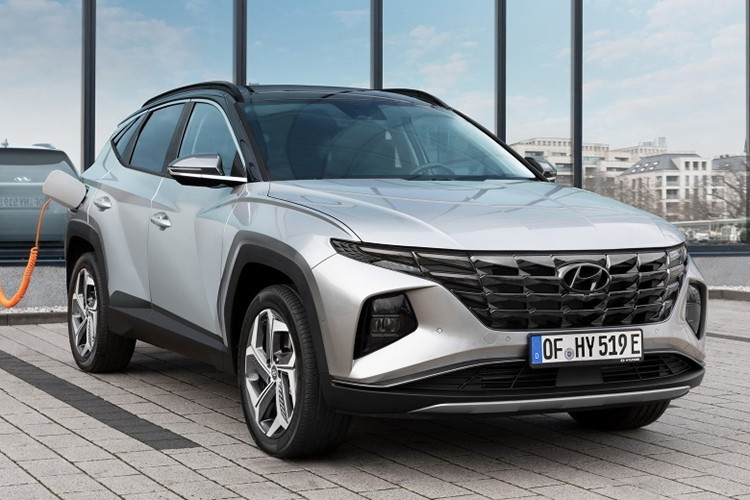
From 1 January 2025, the European Union (EU) will change the way it calculates CO2 emissions to favour PHEVs with large batteries and long electric ranges. This will enable cars like the Lynk & Co 08 PHEV to achieve extremely low emissions thanks to an electric range of up to 200 km, or the new Audi Q3 with 119 km.
However, Mr. Andrea Carlucci - Toyota Europe representative said that the 100 km range is a reasonable balance. Equipping a battery that is too large for a car that is not a pure electric car will significantly increase the cost due to the need for additional supporting components. Toyota currently has the C-HR PHEV with an electric range of 66 km and the RAV4 PHEV with a range of 100 km, both at a controllable level in terms of cost and efficiency.
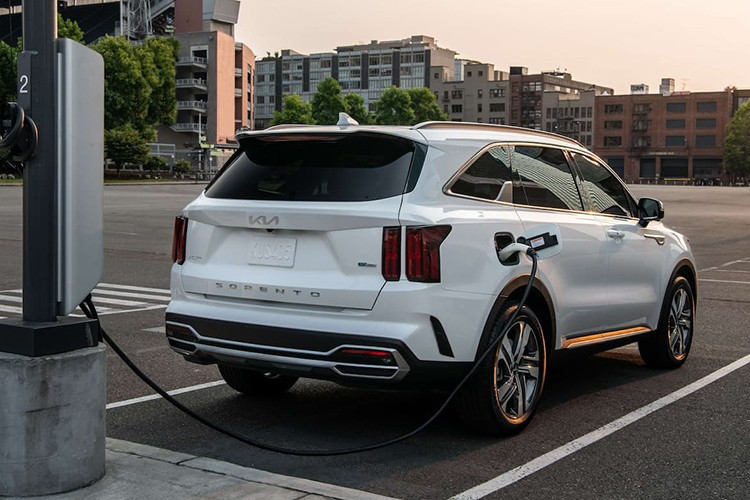
Hyundai shares Toyota’s view. The company currently offers the Santa Fe PHEV with an electric driving range of about 55 km and has no plans to significantly upgrade the PHEV line in the European market.
Hyundai Europe CEO Xavier Martinet believes that both PHEVs and extended-range electric vehicles (EREVs) are transitional technologies, not long-term solutions. Trying to upgrade them too much will only increase costs and complicate the transition to fully electric vehicles. “The question is: Where do we stop?” Martinet asked.
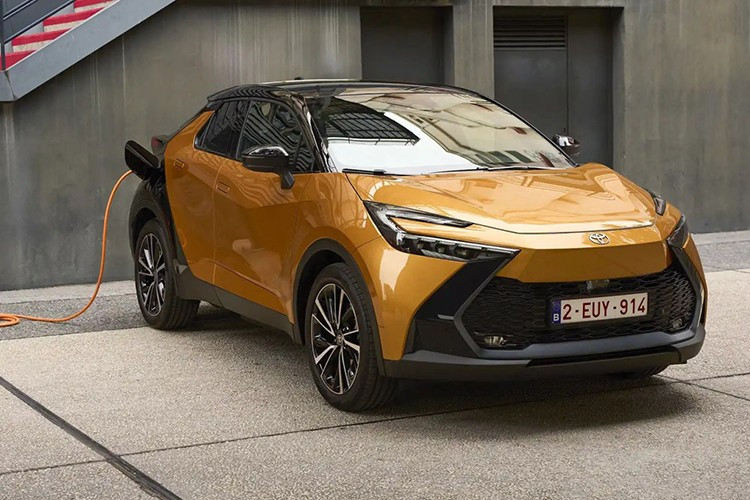
While PHEVs with long electric ranges are helping automakers reduce CO2 emissions to meet European standards, emissions regulations will continue to tighten in 2028. In just two or three years, PHEVs may not be as attractive as they are now, Martinet said. This suggests that automakers need to clearly define the investment limit for PHEVs and accelerate their strategy to develop fully electric vehicles.
Source: https://khoahocdoisong.vn/toyota-va-hyundai-van-than-trong-voi-oto-dong-co-phev-post1551818.html











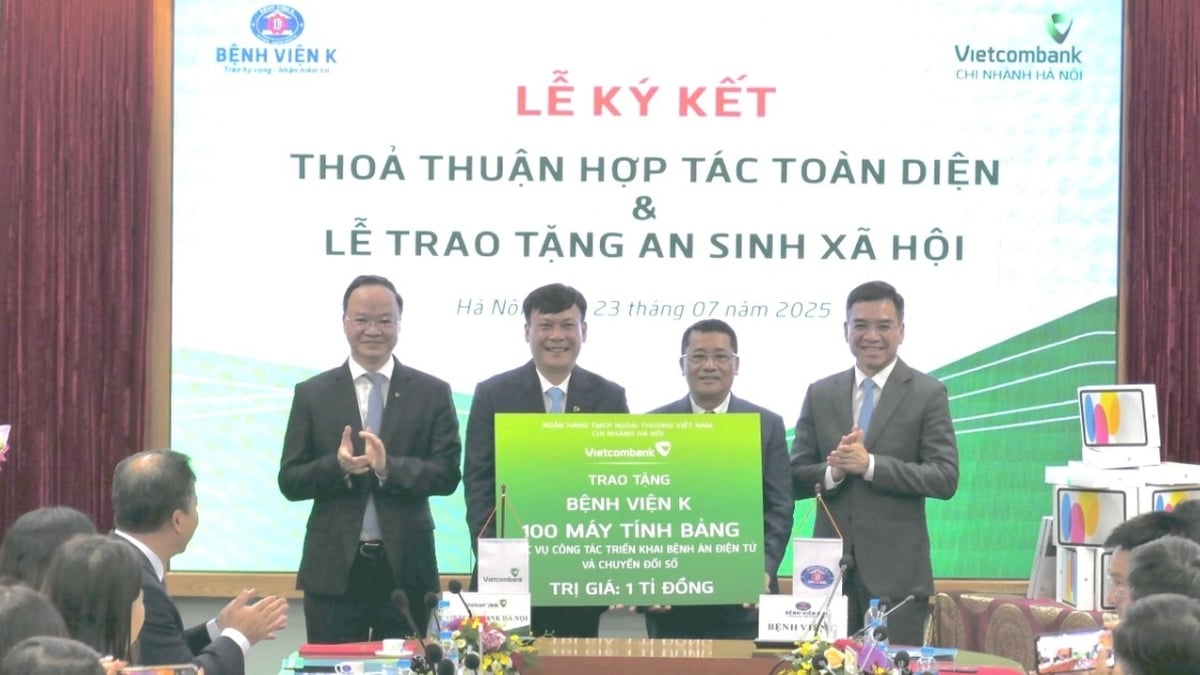














![[Photo] Signing of cooperation between ministries, branches and localities of Vietnam and Senegal](https://vphoto.vietnam.vn/thumb/1200x675/vietnam/resource/IMAGE/2025/7/24/6147c654b0ae4f2793188e982e272651)




![[Infographic] Vietnam-Senegal traditional friendship](https://vphoto.vietnam.vn/thumb/1200x675/vietnam/resource/IMAGE/2025/7/23/4c96a604979345adb452af1d439d457b)























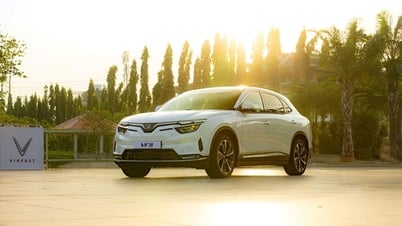
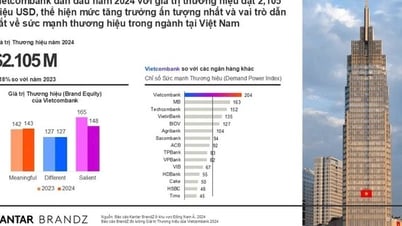

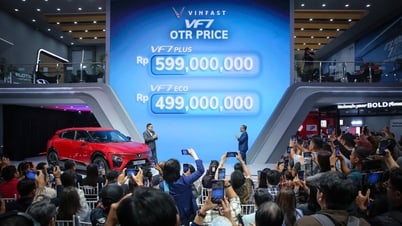

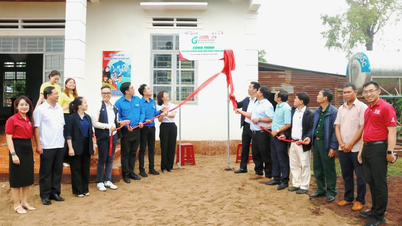
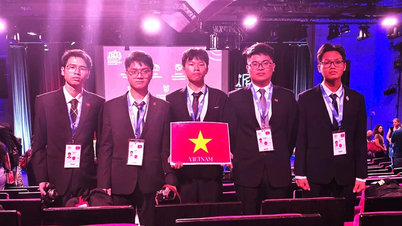









































Comment (0)